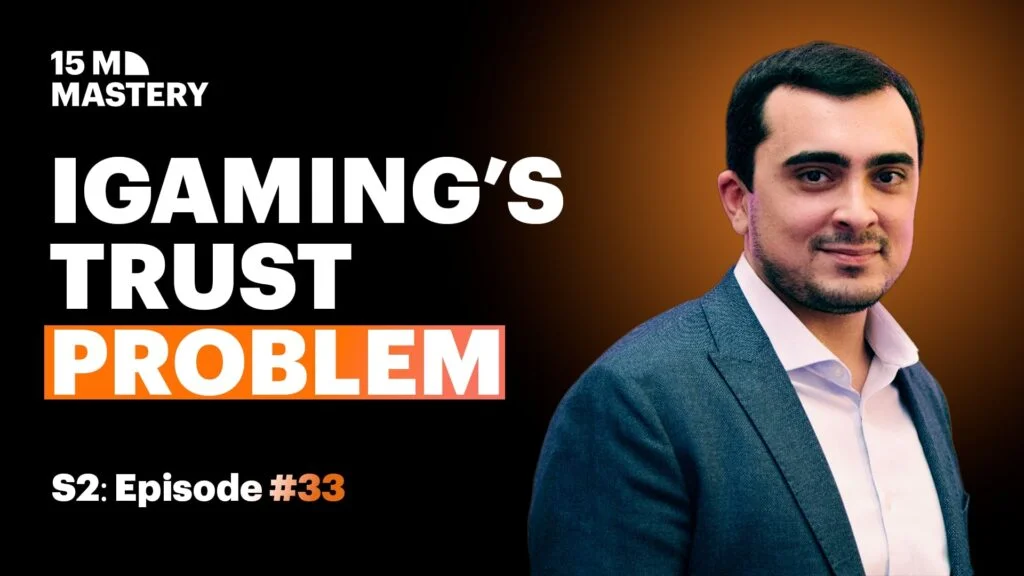The Art of Meaningful Connections: Why In-Person Networking Remains Irreplaceable
The Irreplaceable Value of In-Person Connections
The fundamental difference between online and offline networking comes down to intention and trust. When someone travels thousands of kilometers to attend an event, they demonstrate serious commitment.
“Once the person is next to you and has traveled a couple of thousands of kilometers to a specific event, there is definitely a presence of intention, which is very important,” explains Nikagasyan. This physical presence immediately establishes credibility that digital interactions lack.
Trust emerges as another crucial advantage. “You will trust much more the person who you see from time to time during events rather than chatting with them and never meeting them,” says Nikagasyan. In contrast, online interactions often leave people wondering if they’re communicating with someone genuine or even real.
Curating Quality Over Quantity
While many industry events chase attendee numbers, Nikagasyan focuses on creating meaningful connections through careful curation. His events maintain a specific balance: 40% affiliates, 40% operators, and 20% relevant B2B providers.
“When you go to an event for a specific niche, you expect to get the most value doing that thing and getting introduced to the right people with the right intention,” Nikagasyan states. This careful selection extends beyond business categories to include reputation assessment, ensuring that all participants maintain ethical business practices.
Why Some Industry Events Fail
Many industry events, particularly large ones, struggle to deliver value because they lack focus and organisation. When different business types are mixed without proper zoning, attendees waste significant energy navigating the chaos.
“When you go to such big events with so many people from different verticals, 80% of your conversations are just draining your energy for nothing,” Nikagasyan observes. This inefficiency is exactly what his more targeted approach aims to solve, creating environments where at least half of potential connections are relevant to each attendee.
Balancing Structure With Organic Networking
Different personalities require different networking environments. Recognizing this diversity, Nikagasyan implements various formats to accommodate different comfort levels.
“Some delegates are really shy to speak to the representative that is 100% relevant to them,” he notes. To address this, his events pioneered industry speed dating sessions, creating structured opportunities for connections. For those who prefer casual interactions, evening networking events with more relaxed atmospheres provide alternative spaces to connect.
Building Lasting Business Relationships
While initial connections happen at events, converting these into lasting business relationships requires authenticity. The most common mistake that derails potential partnerships is overpromising and underdelivering.
“The most common mistake that can really damage these conversations is wrong promises and mispreparedness,” cautions Nikagasyan. When sales representatives make unrealistic claims about implementation timelines or capabilities, they destroy trust before relationships can develop.
Maximizing ROI at Industry Events
For those looking to get the most value from industry events, especially newcomers, Nikagasyan offers several practical strategies:
- Research attendees beforehand and schedule key meetings
- Leave time in your schedule for spontaneous networking
- Attend all networking events, even when tired
- Make time for relevant panel discussions and speakers
- Balance pre-planned meetings with open networking time
“Don’t miss any networking event or opportunity. Even when you are super tired, you have traveled so long to meet these wonderful people,” he advises. “We always regret the things we didn’t do, and once you are back, you will regret not going to these events.”
Even amid packed networking schedules, Nikagasyan recommends making time for educational content. “Instead of going out for a smoke or wasting your time at the bar with a beer, it would be nice to sit down and hear some interesting thoughts from industry experts.”
By combining preparation with openness to new connections and insights, attendees can transform event participation from a business expense into a valuable investment with lasting returns.


